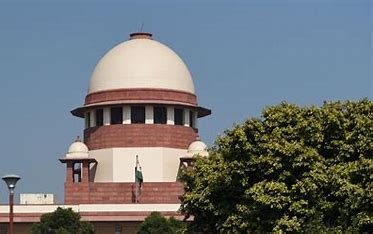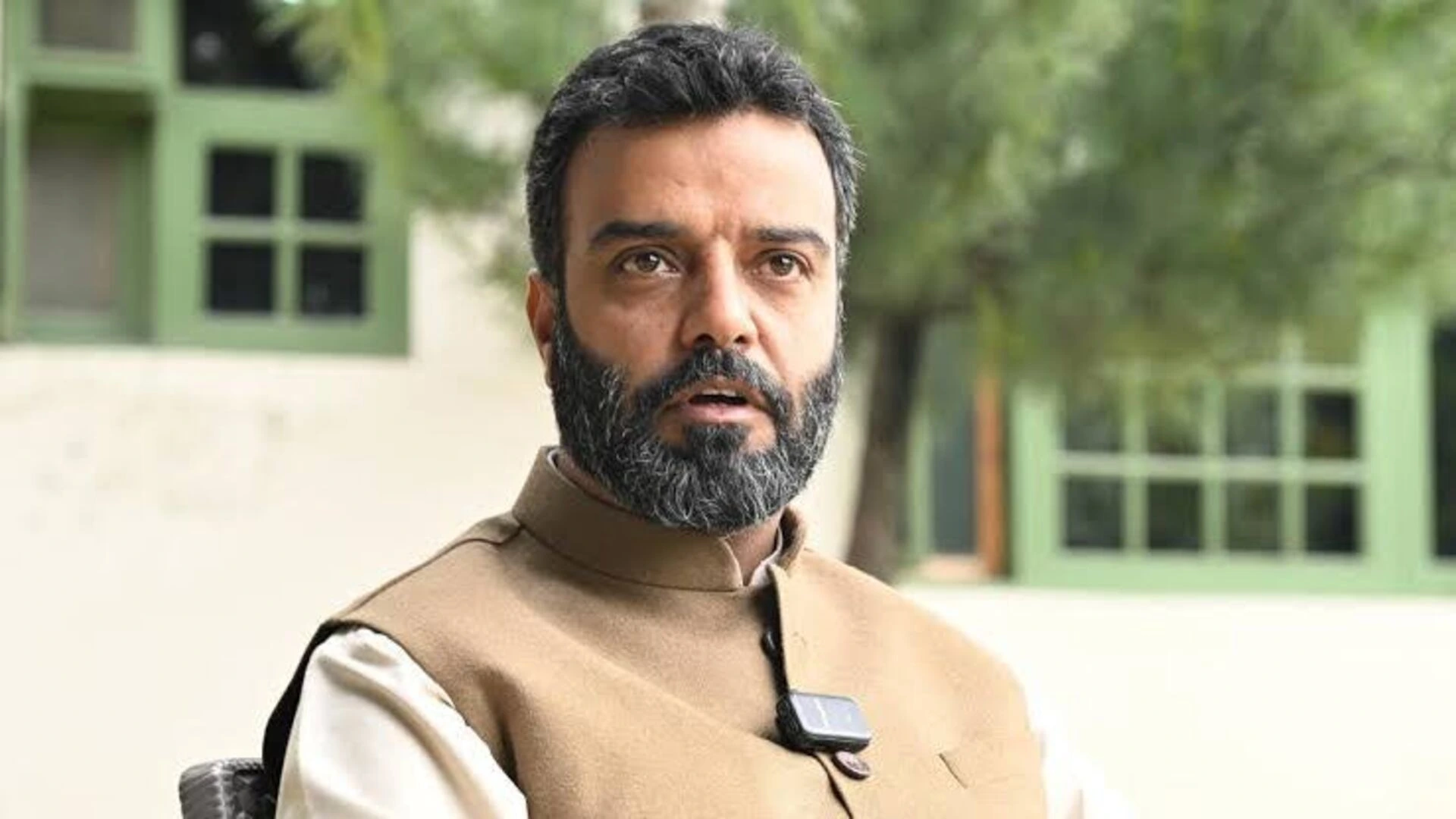The Supreme Court of India has agreed to review the scope of Article 361, which provides “blanket immunity” to governors from criminal prosecution. This decision follows a plea from a female contractual employee accusing West Bengal Governor C.V. Ananda Bose of molestation.
Chief Justice Issues Notice
A bench led by Chief Justice DY Chandrachud has issued a notice to the West Bengal government regarding the plea. The petitioner seeks a judicial review of Article 361, which protects governors from criminal liability. The Supreme Court has also sought assistance from Attorney General R. Venkataramani to address this issue.
Centre to Be Included in Plea
The court has directed the woman employee from West Bengal’s Raj Bhavan to include the Centre as a party in her plea. This inclusion is crucial for a comprehensive examination of the governor’s immunity under Article 361.
Article 361: An Exception to Equality
Article 361 is an exception to Article 14 (right to equality) of the Indian Constitution. It states that the president or a governor is not answerable to any court for the exercise of the powers and duties of their office.
Petitioner’s Request
The woman petitioner has requested a review of the guidelines under which governors enjoy immunity from criminal prosecution. This case could potentially redefine the legal boundaries of Article 361 and its application to governors’ criminal liability.







